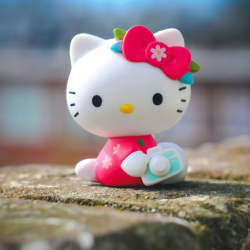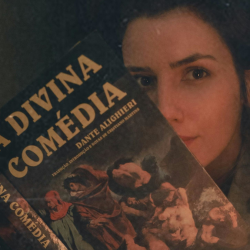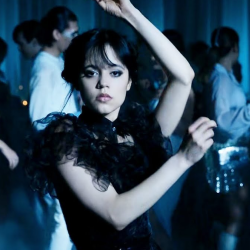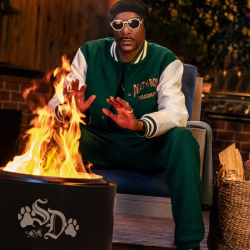Other than us, do any other creatures tell stories? I doubt it. Maybe dolphins do, but it’s hard to imagine a dolphin going into a big underwater studio and clicking, “picture this, a troubled child summons the courage to help a friendly alien escape Earth and return to his home world.” Stories are great. They make us as human as empathy or poetry, and we’ve been churning them out since forever — take Gilgamesh the Epic Poem written 4000 years ago (spoiler alert: long-winded, hard to follow, and in a dead language).
Stories are so universally loved, we consume them greedily all day, as news, tweets, whispered gossip, TikToks, box sets, documentaries, recipes — the list is endless. Advertising, no surprise here, relies heavily on the art of storytelling. And whatever you’re selling, whether it’s a reason to change behaviour, to sign a petition, or buy some booze — if you tell the right story well — even if it’s just a few words and a picture — you’re doing a good job. Storytelling is, after all, entertainment, and if you entertain, you engage.
The human demand for stories never wanes
The human demand for stories has never waned, but how we consume stories has evolved, fragmented and turned into many different formats. Some of the old favourites live on and are as popular as ever. But people have moved with technology to develop new kinds of storytelling. This is not just about “thumb-stopping” content, a phrase that’s been around for many years. We now see collaborative storytelling, created in stages by people who don’t even know each other, it’s unplanned and often surreal. It’s also reactive and hyper-relevant to the now. You can jump onto the latest thing, take the Oscar ‘slap’ or the Depp v. Heard trial and one moment you’re on it, next, you’re exposed as being too late to the party. The expiration date of content is getting much shorter.
Alec Carluen, our Senior Social Creative immerses himself in this world, and uses it to inspire and develop culturally relevant ideas for our clients. This kind of content plays out most commonly on Twitter and TikTok which have given birth to a type of random storytelling where you can pick up on someone else’s narrative, apply your own context and make it even more engaging. Alec describes this as a shift from “format to free-for-all”, which I think is great way of putting it. Essentially people can keep piling on and adding their own twist to the story. It would drive screenwriting guru Robert McKee to madness, but maybe he’d calm down if he could see that there are still some rules lurking in there somewhere. Basically, it’s like the classic game “Consequences”.
So context is often key with bite-sized storytelling. It’s also a clever way to educate and build relatability. Some Asian-American TikTok creators are using food preparation to spread cross-cultural understanding. Joanne Molinaro aka The Korean Vegan (above) tells vulnerable stories of love, racism, familial trauma and heartbreak, while preparing mouth-watering dishes. It’s an unusual combination, but one that works so well that she has three million followers on TikTok alone.
Movies are still popular, but no longer are they the pinnacle of popular storytelling. That’s been taken over by the boxset — unthinkable ten years ago. TV is the new apex — people commit hours and hours to drama, true crime, or reality talent shows. And then, unfortunately for our industry, commit rather less attention to a six second pre-roll. The good news is, to grab attention, you just need deploy the great art of storytelling, and remind yourself that if you’d enjoy watching it, your audience probably will too (unless the only thing you enjoy watching is Midsomer Murders, in which case, delegate).
Featured image: David Radomysler / Pexels































